For over 60 years the sea has been our focus of love, passion and respect. Every day we strive to protect its natural resources, safeguarding them and controlling their proper exploitation.
So we have created the Blue Resolution project in collaboration with the Institutes of Biorobotics and Management of the Scuola Superiore Sant’Anna – a university in Pisa – with the aim of identifying and proposing innovative solutions for defending the marine environment from plastics, offering a real, concrete response to their elimination.
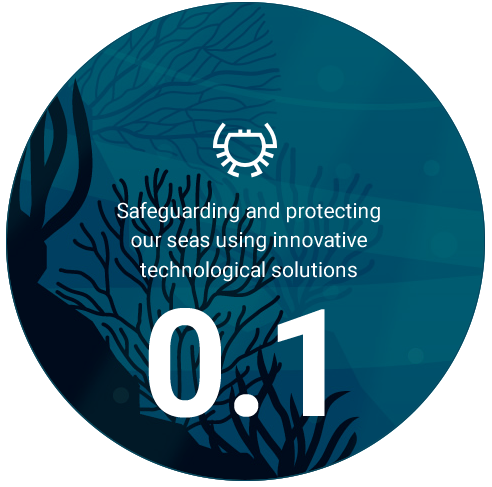
Finding an innovative technological solution
The Blue Resolution project involves creating a robot that can explore the seabed, take samples of materials, collect and dispose of plastic.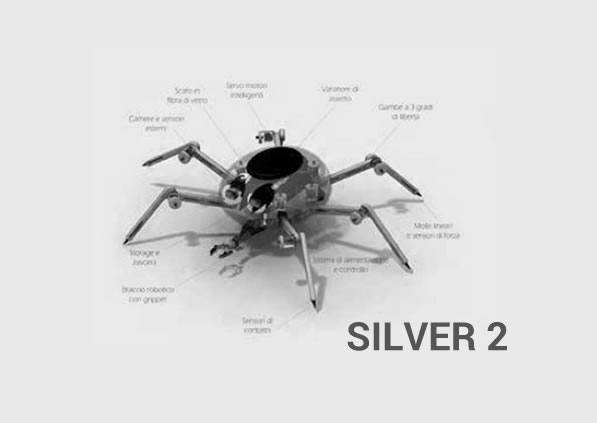
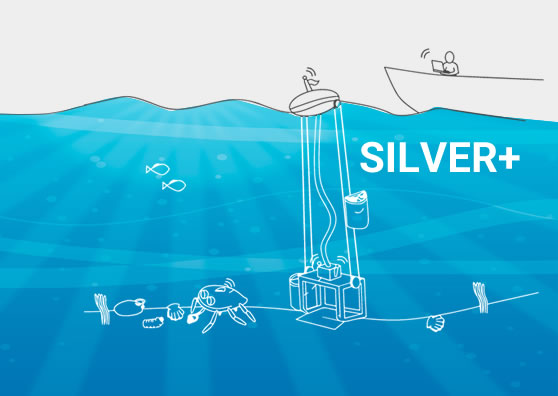
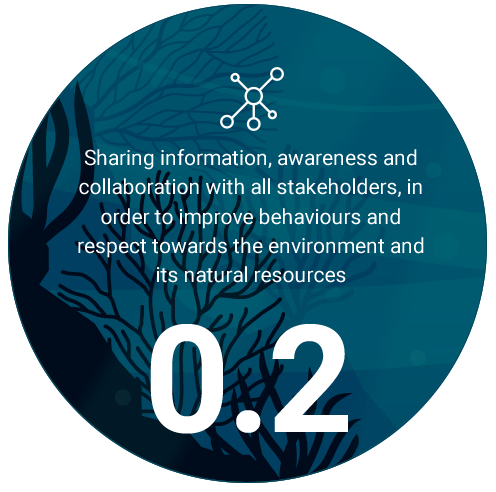
Dissemination, awareness-raising and sharing
The second phase of the Blue Resolution project involves the commitment by Arbi and the Institute of Management of the Scuola Superiore Sant'Anna to inform, make aware and involve stakeholders and the whole community in activities and concrete actions for the defence of our seas.This activity has three facets:
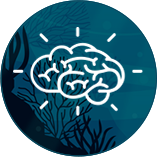
Finding out
Evaluating, planning and monitoring interventions. Firstly, some seabeds off the Italian coast will be analysed in order to collect data on the quantity of macro and micro plastics present in the Mediterranean. This data will also constitute the first scientific evaluation on the diffusion of micro plastics on our seabeds. In this context, a mapping of stakeholders will be carried out and a tool will be developed for defining the problem, the risks it generates and the activities to be undertaken in the area of reference.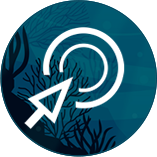
Acting
In this phase we will work to define the problem in the pilot area, to directly involve the stakeholders and to define and implement a set of actions, using a tool for identifying actions based on the characteristics of the problem and on the peculiarities and objectives of the individual actors.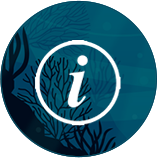
Informing
Raising awareness in the population and inviting it to act more sustainably. In this phase, all possible channels will be used to achieve a tangible impact for the project and to create sound knowledge of the problem to realize concrete, shared actions, as well as to accomplish scientific divulgation. We will also carry out an economic evaluation of the damage deriving from the presence of marine litter, for accurate analysis of the problem and more effective communication.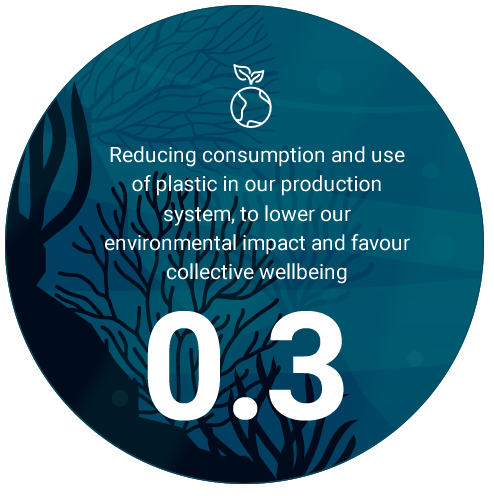
Arbi’s approach to the plastic problem
Arbi has recently carried on a project aimed at reducing the consumption and production of plastic for our packaging.With increasing attention to sustainability issues and following the indications of the European strategy for plastic and the circular economy*, we have embarked on a path to reduce consumption and production of plastic for our packaging. This has already given the first important results in the course of 2018 and will certainly lead us to drastically reduce over the next 3 years the plastic materials produced. We will be well ahead of the deadlines set by the European commission, which has 2030 as the time limit for recyclability of all plastic packaging.
Our programme, ARS, has 3 separate areas regarding production and consumption of plastic: abolition, reduction and development.
Abolition
Already in 2018 we have eliminated 70% of non-recyclable packaging. By 2020 we will have totally eliminated non-recyclable packaging from our production cycles.
Reduction
Our 4-year programme will result in cutting 51% of our total plastic production and consumption. Already in2017-2018 we have seen the first significant results.
2017-2018 – 35 thousand kg of plastic less was produced, against an increase in units sold
2018-2019 – an estimated 14 thousand kg of plastic less will be produced against same number of units sold
2019-2020 – 5 thousand kg of plastic less
2020-2021 – 42 thousand kg of plastic less
For a total saving of 95 thousand kg of plastic (-51%).
Development
Significant investments have been made to improve the efficiency and the technological characteristics of our production lines with a view to paying greater attention to the issues of sustainability and respect for the environment, and therefore to the consumption and production of plastics. Obviously this activity of ours cannot result in a general impact unless it is inserted in a wider context of collaboration and sharing onthe part of all our stakeholders. This is what underpins the relationship of collaboration between Arbi and the Scuola Superiore Sant’Anna, whose institutional role in the field of research and, of course, significant scientific weight can stimulate and help to diffuse and share the Blue Resolution project.
* Communication from the Commission to the European Parliament, the Council, the European Economic and Social Committee and the Committee of the Regions. Strasbourg, 16.1.2018




